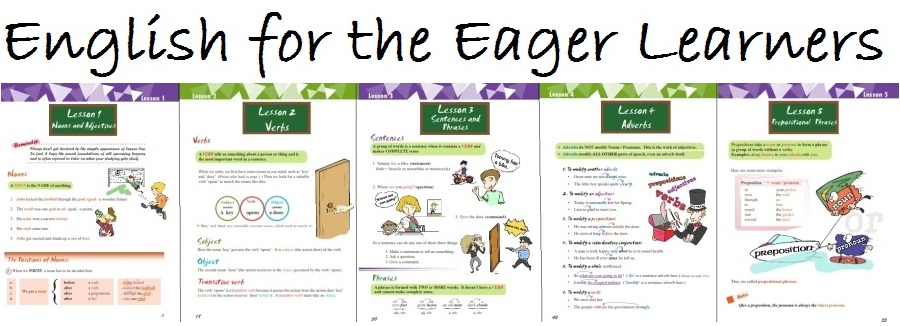The standing objection to the study of grammar had led England
Then, the tide turned, and teachers of grammar were in high demand in the UK
This grown-up generation was, indeed, a generation of illiteracy, and they didn't want their children to follow their steps. They protested. At last, in the 1990s, the pendulum swung back to the UK
However, at the other end of the scale, Americans energetically refined and developed the language all the time to make it more logical and systematic. They pointed out that linguists didn't invent the rules, only they discovered them. All these American developments in the English language have entered the textbooks in the UK
